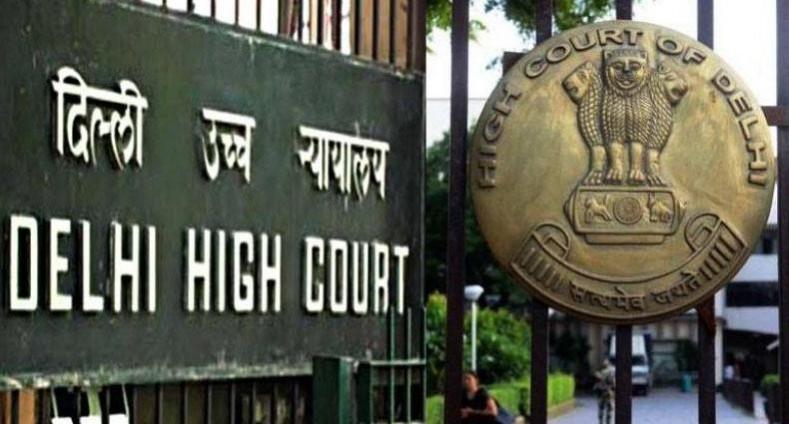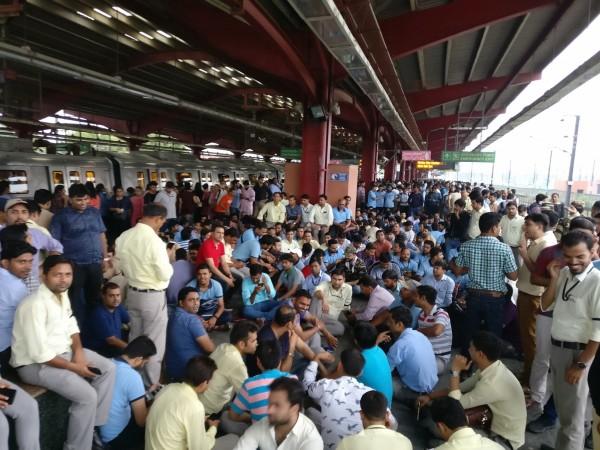
In a major relief to lakhs of commuters, the Delhi High Court on Friday extended its interim order restraining a section of Delhi Metro employees from going on strike over demands related to pay hike and promotions.
Hearing a Delhi Metro Rail Corp (DMRC) plea, Justice Pratibha Rani restrained the staff council members from going on strike till further order and asked them to file a response. The court listed the matter for further hearing on September 4.
On June 29, the high court restrained a section of the Metro employees from going on strike.
DMRC is in dispute with its non-executive employees over pay scales and arrears. The 9,000 employees in the category had warned of a strike from June 30 if their demands were not met.
This workforce consists of station controllers, drivers, technicians and other maintenance staff who facilitate the day-to-day operations of the Metro.

These employees held a symbolic protest from June 19 onwards by holding sit-ins at platforms, wearing black armbands and boycotting lunch and rest hours. They threatened to go on total strike from June 30.
The bone of contention, the employees said, is a 2007 DMRC rule through which the corporation had come up with two pay scales for executive and non-executive staff, entitling the former to pay grades or scales given to 'Schedule A' public sector units and a lower and different grade for the latter.
As per a compromise struck between the employees and the DMRC on July 23, 2017, the corporation was to carry out some modifications in the pay grade and grant the protesting employees their arrears from July 1, 2015. However, the deal fell through.
Delhi Metro ferries about 27 lakh passengers every working day. Strikes last year severely crippled metro service prompting the High Court to intervene.
[With inputs from IANS]

















